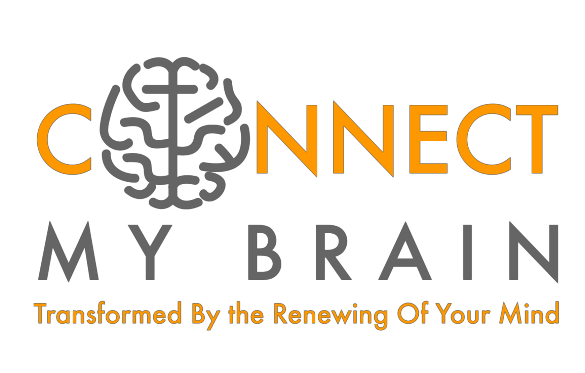Steps in Pediatric Progression Syllabus
Course Instructor: Laura Hanson, D.C., MS, CAS, D.I.C.C.P., BCN, NDT,
Course Objective: The objective of this course is to review the progression of pediatric development and early intervention strategies to support the child during the appropriate developmental window.
Course Overview and Implementation: This is a 6 hour course. Developmental progression drives the unborn baby and transcends all neurological function at birth. The nervous system is impacted by genetics and epigenetic triggers existing in the inside and outside environments. The influence is demonstrated with acquisition of gross and fine motor actions, communication, social, and “adaptation”. The integration of life is revealed with each new development baby’s display.
During development, the child’s nervous system is influenced by the internal and external environments. If the autonomic nervous system constantly perceives a “fight-or-flight” navigation, the child perceives his or her environment as threatening. If the perception of threat becomes the “role-model” then the child’s system will change. The changes in a heightened autonomic nervous system sympathetic response disturbs gut function, elimination, respiration, and ultimately brain development.
Early intervention is necessary well before a baby conceived. Building assessments at the pre-school level would identify retained reflexes and altered brain development.
Course Outline:
1 Hour - Review the progression of the developmental reflex system:
· Withdrawal
· Primitive Reflexes
· Postural Reflexes
1 Hour - Review the primitive emotional system:
· Under-arousal
· Over-arousal
1 Hour - Review the benefit of neuroplasticity and the benefit of enhancing a child’s environment:
· Home environment
· Classroom environment
1 Hour - Review the historical factors influencing child development:
· Epigenetics
· Adrenal chaos
· Impacting the development of the child
1 Hour - Review developmental motor theory:
· Typical behavior
· Atypical behavior
1 Hour - Review the benefit of early developmental assessment before children become school-age:
· Improving initial outcomes for children
· Improving initial outcomes for parents
· Improving initial outcomes for educators
· Improving initial outcomes for the community

